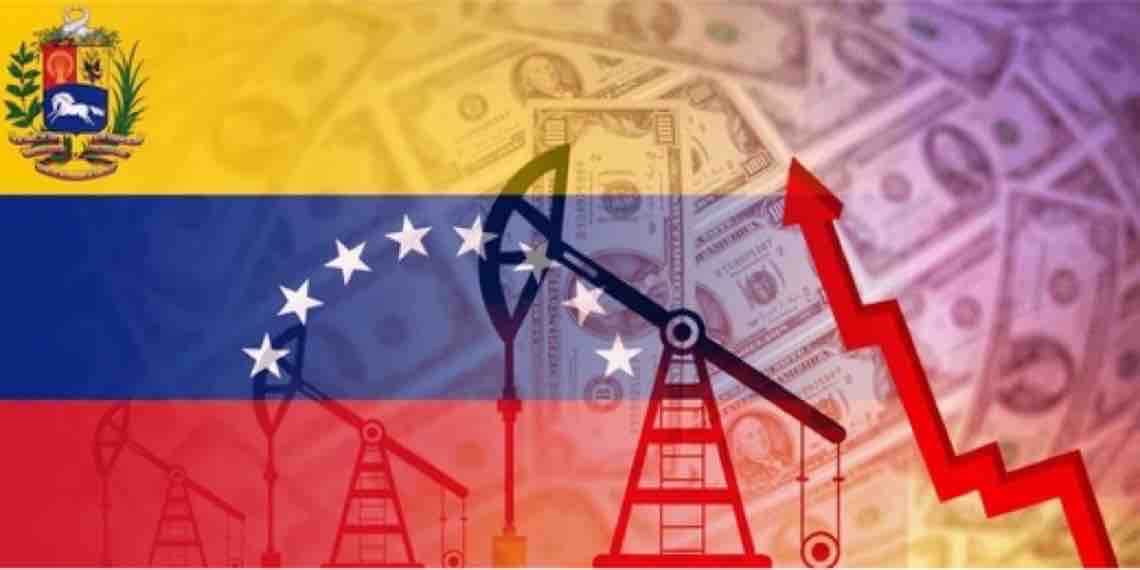The government of Venezuela has recently announced its integration of Mir, a Russian payments system, into its point-of-sale network as part of a national de-dollarization initiative initiated by President Nicolas Maduro. This move aims to reduce reliance on the U.S. dollar and circumvent the economic sanctions imposed on the country. Calixto Ortega, the president of the the country’s Central Bank, revealed that the necessary steps had been finalized to establish communication between Venezuelan and Russian banks through the interbank messaging system of the Central Bank of Russia.
Venezuela wants to use the Mir to improve its POS network
In the initial phase, over 40,000 point-of-sale terminals in the country will be integrated with the Mir payments system. Mir, established by the Central Bank of Russia in 2017, was created as an alternative to credit card providers such as Mastercard and Visa, which had implemented sanctions against the country in 2014. By connecting Venezuelan banks with the Mir system, the goal is to enable these terminals to accept cards issued by Russian banks in rubles, facilitating payments in the local currency, the bolivar.
President Nicolas Maduro emphasized that the integration of Mir into Venezuela’s financial infrastructure was part of a broader effort to construct a new global payments system that would operate outside the influence of Western sanctions and the U.S. dollar. Maduro expressed his view that Venezuela had been unjustly subjected to monetary and financial isolation, but through the adoption of the Russian Mir Payment System, the country was actively building a new financial and monetary framework aligned with the emerging world.
During a visit by Russian Foreign Minister Sergey Lavrov to Venezuela in April, Venezuelan Foreign Minister Yvan Gil disclosed that the two countries were collaborating on the development of an alternative to SWIFT, the standard bank interconnection system, to liberate Russia and Venezuela from the dominance of the U.S. dollar.
The country continues to explore measures to settle payments without the dollar
The imposition of U.S. sanctions has significantly impacted commercial relationships between companies from both nations. Ortega further elaborated that the integration of the Mir system would facilitate smooth communication to streamline import and export transactions in their respective currencies, the bolivar and the ruble. This suggests that Mir may be utilized to settle international transactions in the future, reducing the reliance on the U.S. dollar as the primary medium of exchange.
Venezuela’s integration of the Mir payments system marks a significant step in its ongoing efforts to promote de-dollarization and establish greater financial independence. By diversifying its financial connections and reducing reliance on the U.S. dollar, Venezuela aims to strengthen its economic resilience and mitigate the impact of international sanctions. The integration of Mir into Venezuela’s point-of-sale network provides a practical solution to facilitate transactions in local currency, fostering economic stability and promoting domestic financial inclusivity.
As Venezuela continues to forge alliances with nations outside the Western financial system, the successful implementation of the Mir system serves as a testament to the country’s commitment to diversifying its economic relationships and creating alternative mechanisms for international trade. The development of a new global payments system aligned with the interests of countries seeking independence from traditional financial power structures signals a paradigm shift in the global financial landscape, offering opportunities for greater economic sovereignty and resilience.




